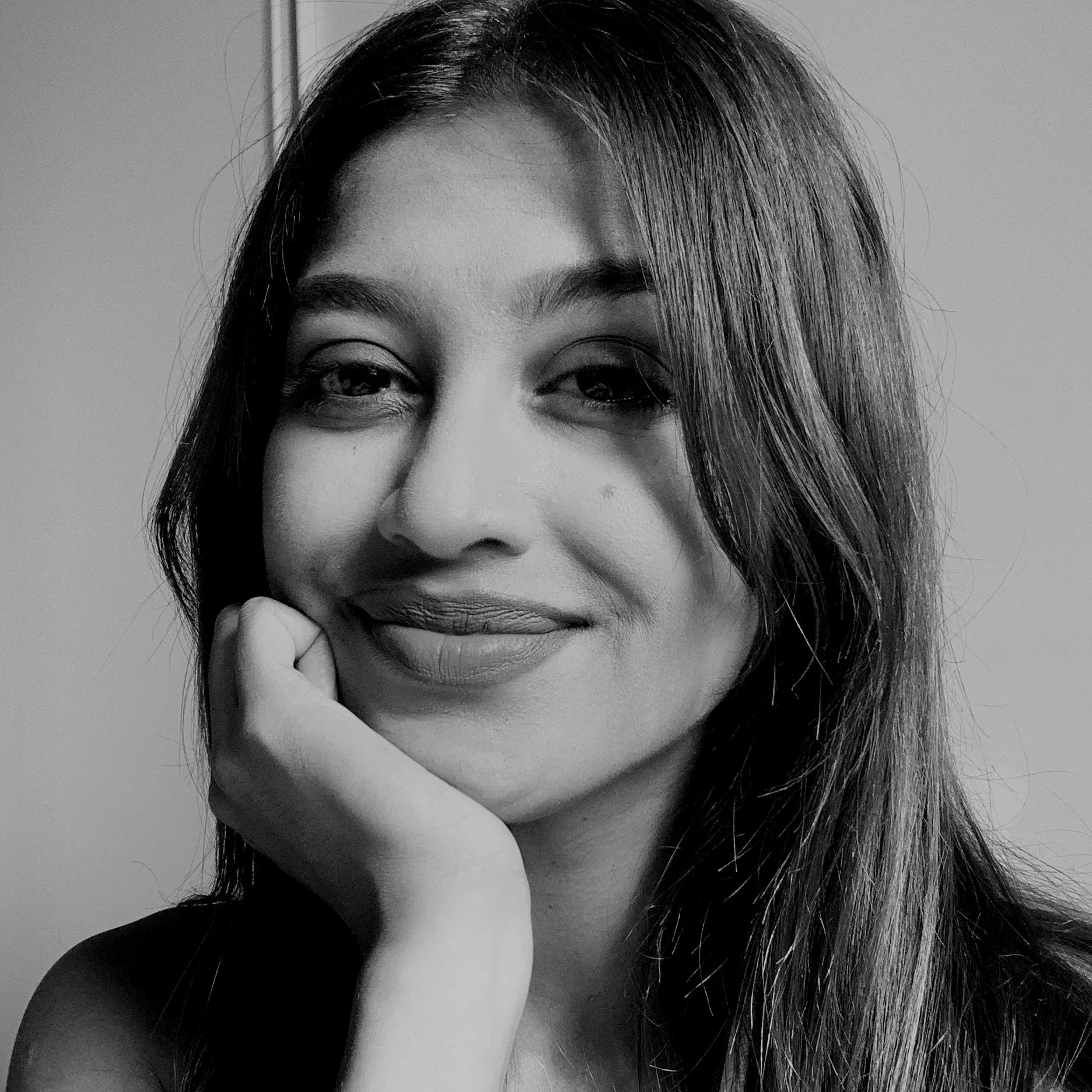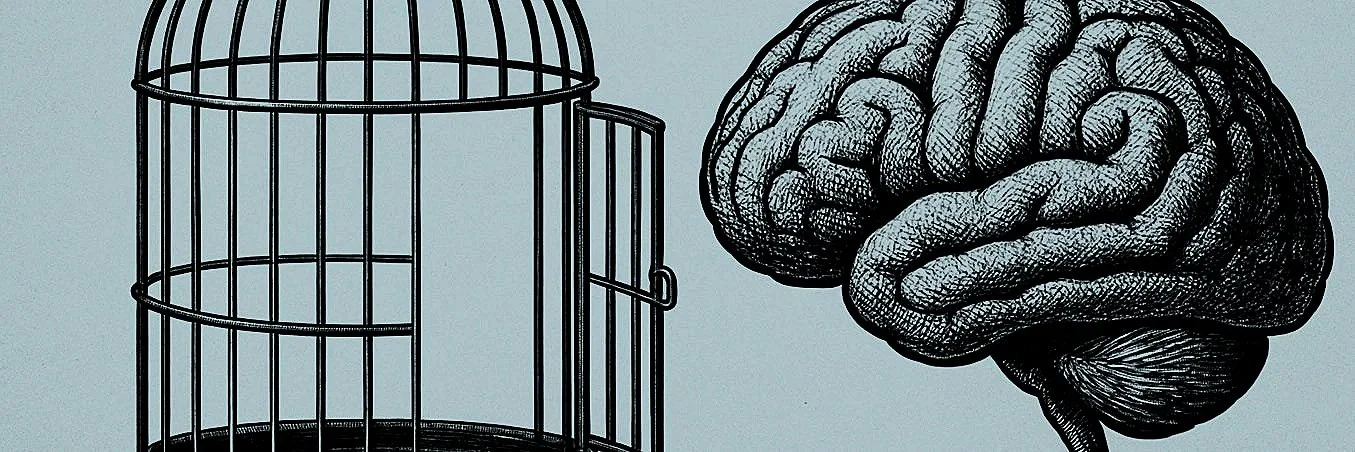
Critical Thinking
&
Social Emotional Intelligence
unlock the capacity of your mind

Subscribe to receive my Newsletters to learn the intellectual skill of:
Critical thinking is the skill of learning how to think intelligently about words, ideas and thoughts.
It is not just for the scientific domain, it is a tool for the self.
Learning it will help you assess problems and find the right solutions and reduce conflict. Learning how to think with intelligence will help you improve and maintain important relationships and increase influence.
Most of us participate in biased and subjective experiences of the world and this process causes negative emotion and clouds intelligent judgement. It is often the basic reason for most of our internal and external conflict.
Dr Esha Lovrić
I am a Social Scientist and Sociologist. My expertise lies in educating about what are social constructs and how the external world impacts our thoughts, feelings and actions. I am particularly interested in the intersections between sociology, biology and psychology. I have taught critical thinking skills for many years and have seen that when you acquire this skill you can free yourself from psychological constraints and succeed in your social life.
I will teach you how critical thinking involves a deep awareness of your own perspective in order to analyse the external. Reading my articles will teach you that how you choose to perceive yourself, people and the world directly impacts how you interact and subsequently receive reactions and responses.
The very tenants of ethical scientific training are critical thinking and the limitation of bias. In this space, different ideas matter.
I reject ideological divides which contribute to social disharmony.
Why are we? A critical lens:
All things are not socially constructed and all things are not biological and all things are not psychological. We are products of multiple interwoven factors, which link biology, psychology, and social processes.
This community is about championing diverse perspectives and it welcomes a diversity of knowledge which contributes to intellectual and personal growth.
Why join this community?
This community is for you if you are interested in learning to think below the surface. Additional to my Critical Thinking Newsletters I write sociological thought pieces which you can find on my Blog. Topics are relevant to the Western World and Western culture. You will be exposed to critical arguments and diversity of perspective as I value the ethics of inter-human and interdisciplinary thoughts. This means, different perspectives on the same idea.
Knowledge-privilege can often work against as we close ourselves off to new information.
Join me, receive my Newsletter where I will discuss the art of critical thinking and communication skills to make you the best version you can be in the home, the office and in your world.
MY PURPOSE
To drive an intellectual revolution.
Constructing our social environments to be healthy by becoming aware of and adjusting our perceptions should be enough to keep us psychologically well. I am focussed on teaching you how to improve the direct relationship with your thoughts.
We live in the best time in history in Western societies. While improvement is always needed, we must also use the opportunities we have in order to fix problems we see.
ACADEMIC POSITIONALITY OR, WHAT COULD CONTRIBUTE TO POSSIBLE BIASES
I was trained, educated, and socialised in a progressive English-speaking Western society within a Western academic institution. My ideas intersect strongly with my experiences as a culturally diverse migrant-woman, female, wife and now mother, who benefitted from Western advancements. I write from these perspectives.
Sign up to my newsletter
〰️
Sign up to my newsletter 〰️
This link takes you to my Substack, please then subscribe to join my free community and get my free weekly Newsletter, The Sunday Synapse. I talk about critical thinking and how to use it when assessing regular human life. It has lessons, activities and courses which will help you improve how you make decisions in relationships, home life, social life, and work life!
